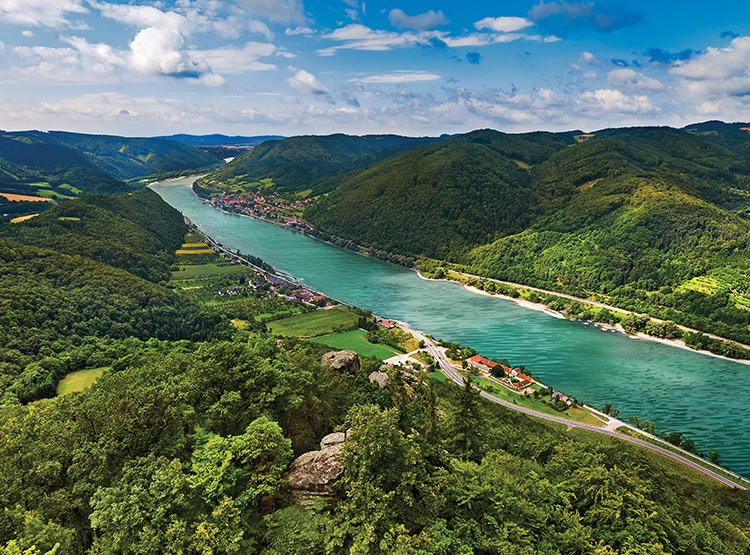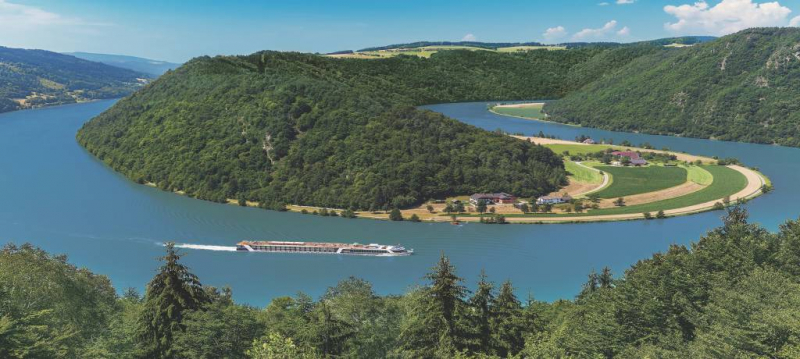Danube River

The Danube River is the second-longest river in Europe and the longest that flows through Croatia, measuring 1,777 miles. The Danube River passes through ten nations before draining into the Black Sea, and the Danube Basin covers around 62 percent of Croatia's land area.
Because the lower sections of this basin have good soil, they have a larger population density than the upper regions, which are covered in forests. The Danube River generates hydroelectric power for the nearby settlements and transports the majority of traded products inland. This stream receives some wastewater, most of which has been treated.
The basin's wetlands are home to over 250 bird species, 79 of which are deemed endangered on a European scale. This is also one of the most important breeding places for carp, a fish species. Slavonian oak trees grow in the riparian woods that surround the basin. Urban development, tourism, agricultural runoff, industrial pollutants, and fishing are all environmental hazards to the river and its basin. The International Commission for the Protection of the Danube River was created in 1998 to promote sustainable water use practices and conserve the river's biodiversity.
Length: 1,777 miles











